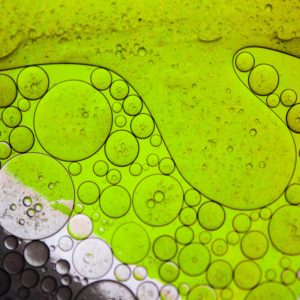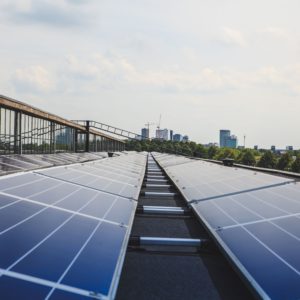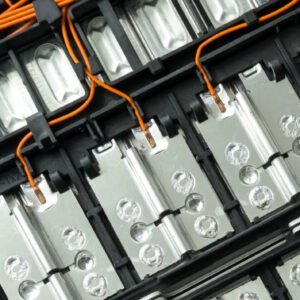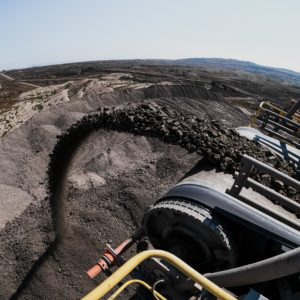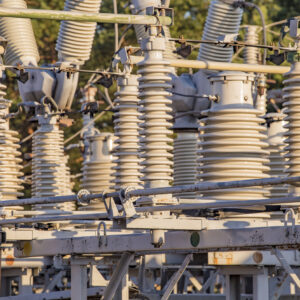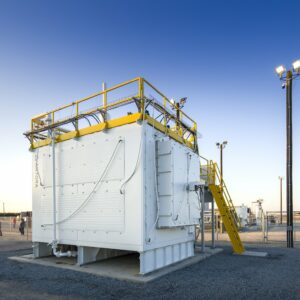"Expanding algae as a cooking-oil ingredient seems promising despite the energy required to heat up fermentation tanks, says Stanford University sustainability professor Steven Davis, who studies agricultural emissions. Fermenting algae is likely to use less water than traditional agriculture while limiting CO2 emissions and the need for fertilizers, he says. Algae can also flourish in many different types of environments, Davis adds. 'If we can reduce the demand for conventional land-based oils, that could be a big win.'"
How fracking could unlock a clean energy future
"To extract enough heat in places with cooler rock, geothermal developers must drill 15,000 feet or deeper, which is more expensive. Faster drilling helped the oil and gas industry dig deeper to squeeze more profits out of shale rock, and analysts expect geothermal drilling speed to similarly improve."
How H&M will push suppliers to use thermal batteries for energy
"Most of H&M’s clothing is made in Asia, led by China and Bangladesh. The company works directly with 574 suppliers that operate 1,027 factories across Europe, Asia and North America."
Solar panel waste makes EV batteries 99.9% efficient, retain 83.1% capacity
"The team used a 3M solution of LiPF6 electrolyte dissolved in a 1,3-dioxane and dimethoxyethane solution mixed with a volumetric ratio of 1:3. The unique chemical formulation helps form a solid-electrolyte interphase (SEI) that holds together silicon particles, even when they are fractured during charge-discharge cycles. This aids in maintaining the ionic conduction and keeping unnecessary reactions to a minimum."
Activated Charcoal Could Be Used For Direct Air Capture
Scientists at the University of Cambridge have been testing ways to make activated charcoal absorb carbon dioxide.
‘Eat fossil fuels’: Bill Gates-backed company makes butter out of thin air
"Savor is confident that its technology can be used to make butter and multiple other animal-derived fats, such as milk and cheese. The company also plans to use this approach to make ice cream and edible oils."
Demand for rare elements used in clean energy could help clean up abandoned coal mines in Appalachia
"Other solutions to obtain more of these metals are retrieving them from discarded devices and shifting sourcing to friendly nations and away from geopolitical rivals or unstable countries, analysts say. For now, there is only a handful of critical or rare earth mineral mines in the United States, although many more are being proposed."
How the Private Sector is Responding to Grid Challenges
The private sector is promoting solutions to bolster the grid and provide reliable power to consumers and businesses.
Tony Robbins Bet $200 Million on a Green-Energy Breakthrough. Proof It Works Remains Elusive.
"What differentiates Omnis’s method from others, Hodson said, is that it plans to heat coal to temperatures as high as 5,500 degrees Fahrenheit—about half the temperature at the sun’s surface and twice what is required to make steel. The superhigh heat, he said, will convert coal into higher-quality carbon products, such as graphite."
In a first, a solar microgrid will directly power an industrial plant
"The project is perhaps the first to directly power a large industrial facility using solar-plus-storage technology. Developers say they hope the setup can serve as a model for future manufacturing plants — especially as the United States ramps up domestic production of electric cars, solar panels, batteries, and the steel, aluminum, and other essential materials used to make them."
